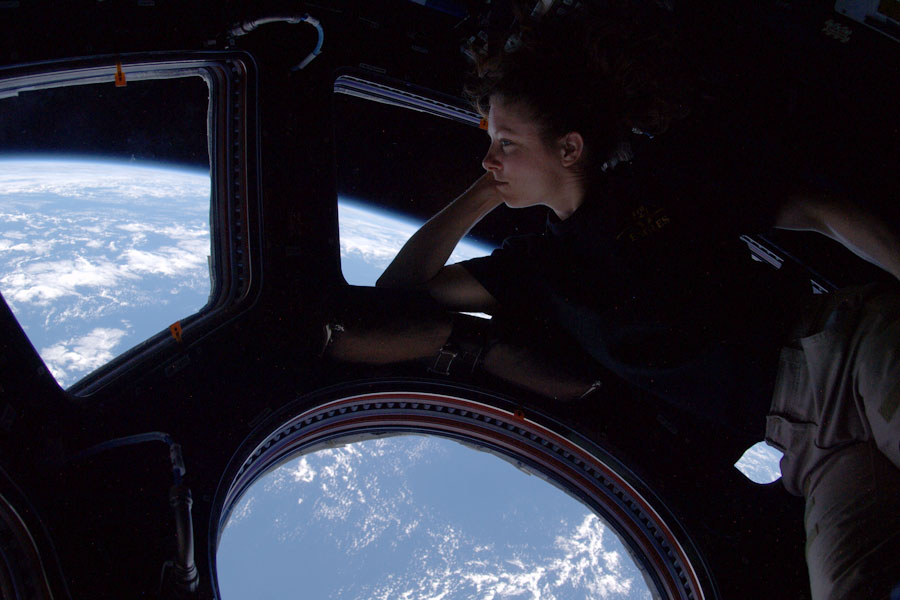Lucky Forward
Member
James Webb Space Telescope project $1.5 billion over budget
A "badly flawed" original budget and a failure at NASA headquarters to spot the problems have allowed a $1.5 billion cost overrun and a year's delay in the agency's project to build its most powerful telescope yet, according to an independent panel.
In a report released Wednesday, the panel said the James Webb Space Telescope project planned for launch in 2014 as the successor to the Hubble Space Telescope will likely cost $6.5 billion when all the bills are in, and is unlikely to launch until September 2015 at the earliest.
The budget accepted by NASA in 2008 failed to account even for all the potential costs the program's managers knew about, much less the unknowns they might encounter, the report said. And when the budget reached NASA headquarters, officials there "did not penetrate the flaws."
The agency "continues to function without the skill and authority required," the panel concluded.
Astronomers expect the Webb Telescope to be 100 times more powerful than Hubble. Webb science will likely be managed at the Space Telescope Science Institute in Baltimore, which now does that work for Hubble.
Unlike Hubble, Webb is designed to observe the universe primarily in the infrared band of the light spectrum, enabling astronomers to see into the farthest reaches of the universe. Light that has been traveling so far and so long across an expanding universe gets stretched and shifted from the visible bands to the longer infrared wavelengths.
To work at peak efficiency, however, Webb will have to be flown to a spot 1 million miles from Earth, where it cannot be repaired in orbit, like Hubble. It will have a huge and complex primary mirror that must unfold to its full 6.5-meter diameter more than twice the size of Hubble's 2.4-meter mirror. And it must be sheltered from the sun's heat by a sun shade, which also must unfold in flight to the size of a tennis court.
All of that has made the project extraordinarily expensive, even by NASA's standards.
The best news from the review panel Wednesday was that they could find no technical problems with the telescope, which is already under construction.
"The JWST Project is in very good technical shape," said John Casani, chairman of the review panel, which included active and retired executives from NASA and the aerospace industry.












